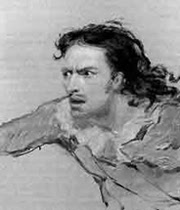 Do we all have too many books?
Do we all have too many books?
And why is it so hard to give up books that you know you probably won’t read again but you like to know are there, rather like a print security blanket? And then there’s the other category of books that are there because you know you’ll re-read them, again and again. But the odd thing is that whenever I reach for one of those, I always run through an inventory of things I don’t like about the book first rather than an inventory of things I do like about it.
And these can include books about which I’d claim in a heartbeat are my favorites.
For instance, Persuasion. What’s not to like? Yet, here, off the top of my head, are the reasons I don’t want to read it.
- It always seems to be raining. (I know it’s not, but that’s the impression I have.)
- The silly Musgrave girls.
- The tedious poetry-loving Captain. Smack him.
- Most of the men are idiots.
- I’ve read it far too many times before so there won’t be any surprises.
- A cast of dozens, most of whose names I can’t remember.
- Far too many walks on which awful things happen.
- Anne rolls over and takes it far too much instead of lashing Wentworth with a handful of brambles and/or stinging nettles while he makes snide comments directed at her on the walk with the silly girls.
- Why don’t I just watch the video (the best Austen adaption, imo).
- I don’t know where the video is, but I do know where the book is, so…
and so on. Yet it’s a book I love, and I know I’ll love again when I re-read it, even though I go into it thinking only of its annoyances. Maybe that’s a characteristic of a book you’ll want to read over and over, because it has imperfections that you can’t, ever, really figure out. I’d say most of my favorite books fall into this category.
How about you? What are your favorite read-agains?
Sign up for my newsletter at www.janetmullany.com and I’ll send you one of my short stories!









